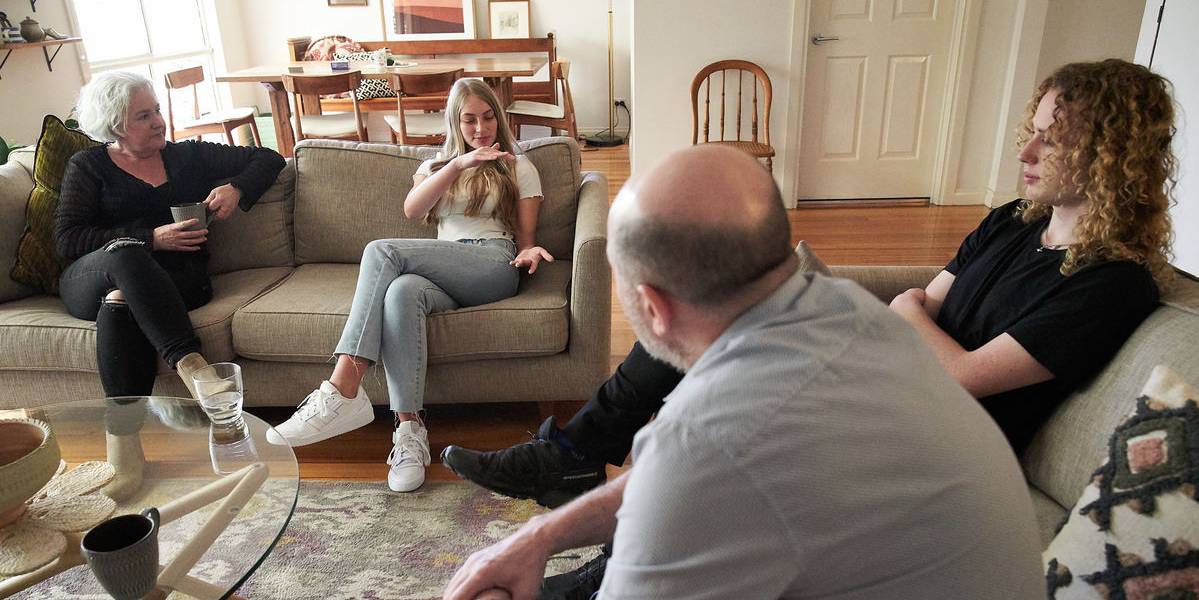
Professor Eoin Killackey, Chief of Research at Orygen, has designed a new framework to address the challenges of meaningfully including people with lived experience in youth mental health research.
In an article published in The Lancet, Professor Killackey proposes for the youth mental health research community to adopt the 4L framework and make research more inclusive and respectful.
The 4L framework is a way of thinking about the different types of experience that can be relevant to youth mental health research. It recognises that all types of experience can be valuable, including lived, loved, laboured, and learned experience.
This means people with lived experience are not the only ones who can contribute to research. Family members, friends, clinicians, and researchers can also contribute their unique perspectives and insights.
The 4Ls are:
- lived experience: someone with personal experience of having mental illness;
- loved experience: the experience of caring for someone with mental illness;
- laboured experience: the experience of working with people with mental illness, such as a clinician or researcher; and
- learned experience: the experience of studying mental illness.
Professor Killackey argues the 4L framework can help to create more inclusive and respectful research environments, and to produce research that is more relevant to the needs of young people with mental ill-health.
“The 4L framework is a promising new way to think about how we include a diversity of experience in youth mental health research, and it will take people from all perspectives to successfully implement this framework,” he said.
“Ultimately, we aim to improve our understanding of the different types of experiences of mental ill-health, by recognising that people often have multiple experiences.
“By creating a shared and accessible language around this concept, we hope to foster greater inclusion, respect, and collaboration in mental health research, which will lead to better outcomes for young people with mental illness.”
Click here to read Professor Killackey’s full article in The Lancet